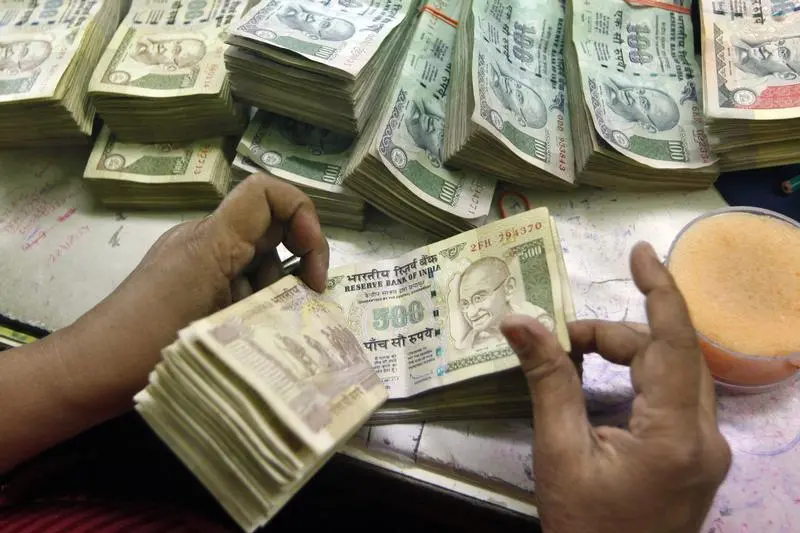PHOTO
Tuesday, Nov 08, 2016
Abu Dhabi: Indian expatriates in the UAE cannot exchange the invalid Rupees 500 and 1,000 currency notes from the money exchange centres in the UAE from Wednesday, a top money remittance industry executive told Gulf News on Tuesday.
Prime Minister Narendra Modi abolished the two denominations from midnight.
“We have to wait for more information and clear instructions [from the Indian authorities in this regard]. Therefore, we cannot start accepting those notes from Wednesday,” said Osama Al Rahma, Chairman of the Foreign Exchange and Remittance Group (FERG) — an official platform of the companies engaged in the business of money exchange and remittances in the UAE.
He said money exchange centres have stopped buying the Indian currency notes in the denominations of 500 and 1,000 immediately after Modi announced the decision to make them invalid from Tuesday night.
Indian expatriates in the UAE have not been keeping big amounts of Indian rupees since India strictly asked its expatriates not to carry Indian currency notes from abroad to India, Al Rahma said.
He was referring to India’s decision in 2013 to strictly implement rules and regulations that do not allow Non-Resident Indians (NRIs) to carry Indian currency to India. As Gulf News reported, it was made strict because NRIs were not allowed to convert Indian currency into foreign currency in India. Reported cases of fake currency being carried to India from abroad also influenced the decision.
Still, most of the Indians may be keeping at least Rs 1,000 with them when they come back from home, Al Rahma said. Given the size of Indian population in the UAE (around 2.6 million), the 50-day timeframe to return the currency notes is not enough. “Even in India, this timeframe will not be enough,” he said.
Y. Sudhir Kumar Shetty, the president of UAE Exchange, told Gulf News that India’s decision will help curb black money and eliminate counterfeit currency from the market. “It is a good move as it focuses on removing corruption from the society. The new decision will also encourage people to switch to non-cash mode of transactions though the usage of cards, mobile technology and banks,” he said.
Shetty too suggested that people should be given enough time to exchange notes in the wake of the recall.
Expatriates also welcomed the move. T.K Jayakrishnan, an engineer at an Abu Dhabi company connected to the oil sector, said that despite some initial troubles for people, it would help the economy by eliminating black money. “It is a bold decision.”
Echoing the same opinion, K.P Abdul Nazer, an advertising professional, said he was waiting to see whether India’s move to introduce Rs2,000 notes will be put on hold. The Rs2,000 notes may jeopardise this move to check black money and fake currencies, he said.
— With inputs from Fareed Rahman, Senior Reporter
By Binsal Abdul Kader Senior Reporter
Gulf News 2016. All rights reserved.





















